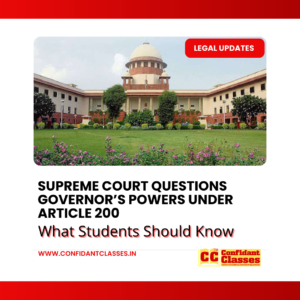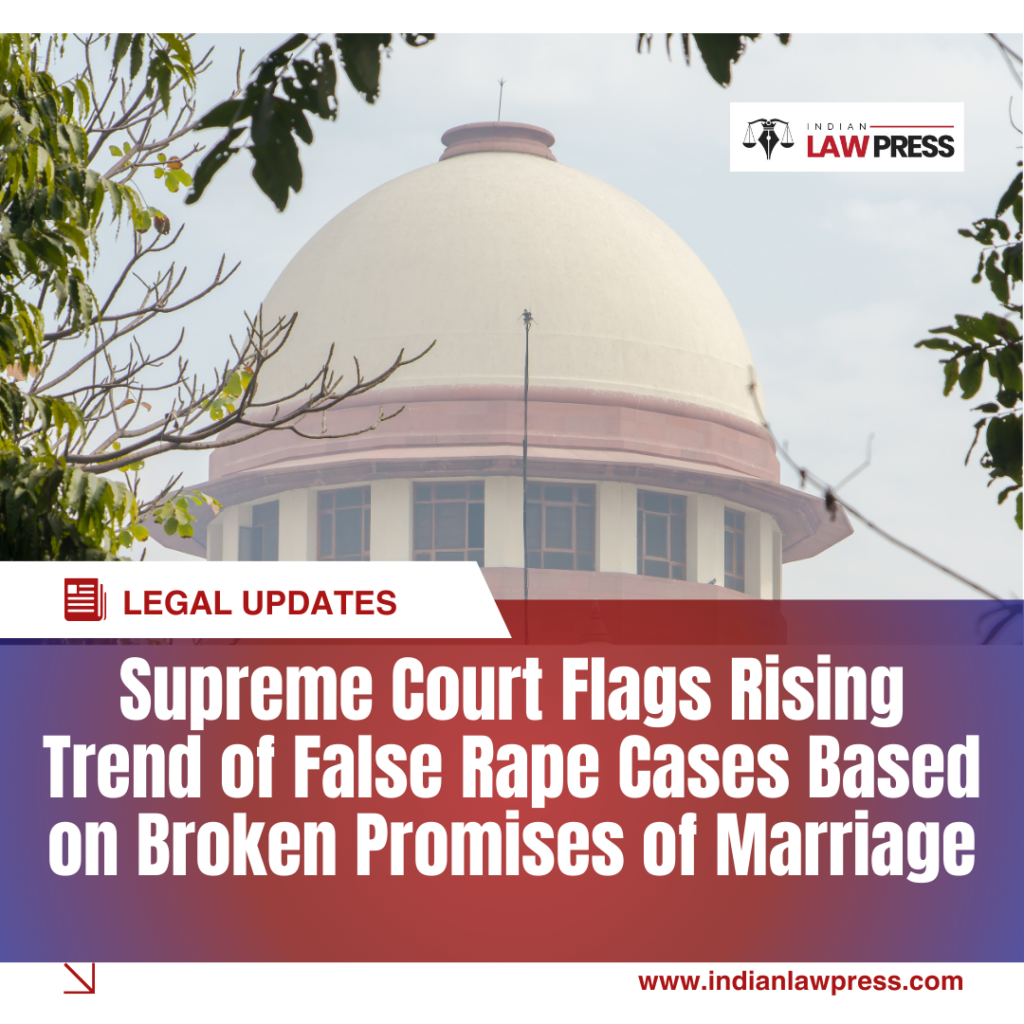
The Supreme Court of India has raised important concerns about how the Union government interprets the powers of governors under the Indian Constitution. The issue came up during hearings on a presidential reference under Article 143, which was made by President Droupadi Murmu in May 2025.
A five-judge Constitution Bench led by Chief Justice of India Bhushan R. Gavai (with Justices Surya Kant, Vikram Nath, P.S. Narasimha, and Atul S. Chandurkar) is examining whether governors can indefinitely withhold assent to bills passed by an elected state legislature.
The Key Issue: Article 200 of the Constitution
Article 200 provides four options for a governor when a bill is passed by a state legislature:
- Grant assent to the bill.
- Withhold assent.
- Return the bill to the legislature for reconsideration.
- Reserve the bill for the President’s consideration.
The Solicitor General, Tushar Mehta, argued that the word “withhold” in Article 200 gives governors the authority to permanently reject a bill, allowing it to “fall through.” He stressed that without this power, a governor would be reduced to “a mere post office.”
Supreme Court’s Concerns
The Bench strongly disagreed, warning that such an interpretation would mean:
- A governor could block laws indefinitely, without sending them back for reconsideration.
- Elected governments would be left at the “whims and fancies” of an unelected, nominated authority.
- This could undermine the democratic mandate of a government chosen by the people.
The Court cited examples like Tamil Nadu, where bills re-enacted by the assembly were left pending without any action from the governor.
Why This Matters
The Court emphasized that constitutional interpretation cannot remain frozen in time. While the framers of the Constitution expected ideal functioning, today’s realities demand a dynamic interpretation that prevents misuse of power.
This case is crucial because it will determine how much discretion governors really have under Article 200, and whether they can stall the legislative process of a democratically elected government.
Student Takeaway: This debate highlights the delicate balance between the Governor’s constitutional role and the sovereignty of elected state legislatures. For law and polity students, it’s a must-follow case that could shape the future of Centre-State relations in India.
Also Read: Supreme Court Orders Immediate Release of Prisoners Who Have Served Their Sentence





